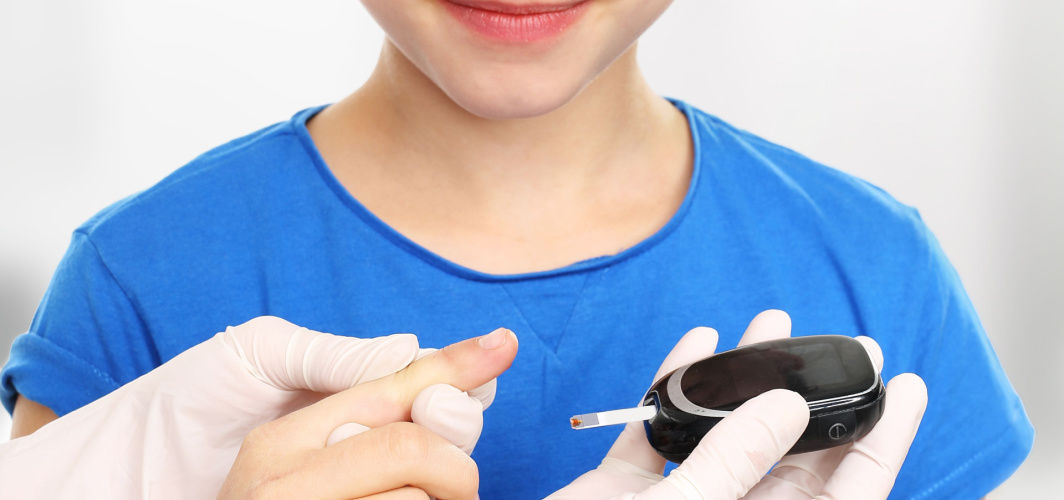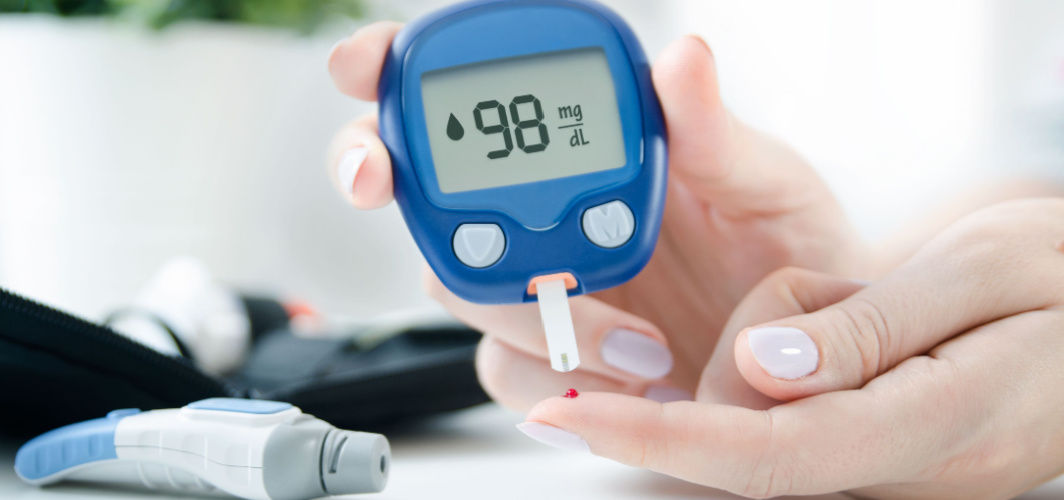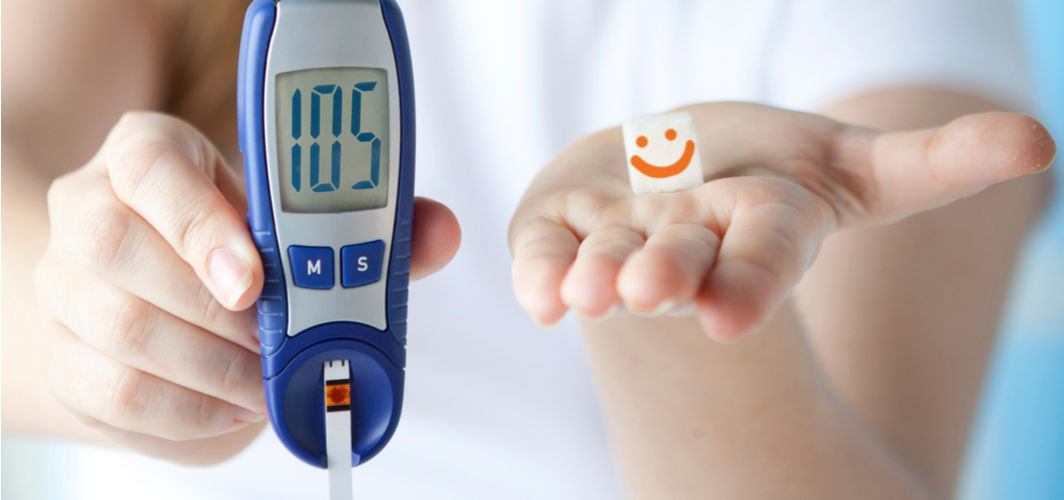Diabetes Management
The Best Time to Exercise in Diabetes
3 min read
By Apollo 24|7, Published on - 11 October 2023, Updated on - 12 October 2023
Share this article
0
0 like

Exercise is a powerful tool in managing diabetes. Whether you have Type 1 or Type 2 diabetes, physical activity can help regulate blood sugar levels, improve insulin sensitivity, and enhance overall health. In this blog, we'll delve into the importance of exercise for diabetes & discuss the best time for workouts
What are the Benefits of Exercise in Diabetes?
Exercise offers multiple benefits for individuals with diabetes:
- Blood Sugar Control: Engaging in physical activity enhances glucose uptake by muscles, effectively lowering blood sugar levels and reducing the reliance on insulin.
- Enhanced Insulin Sensitivity: Regular exercise improves how cells respond to insulin, facilitating better regulation of blood glucose levels and potentially reducing the need for medication.
- Weight Management: Exercise, a critical aspect of diabetes management, is a cornerstone for maintaining a healthy weight as excess weight can increase insulin resistance.
- Heart Health: While diabetes elevates the risk of cardiovascular issues, exercise helps strengthen the heart, improve circulation and lower the risk of heart disease.
- Stress Reduction: Managing diabetes-related stress is vital. Exercise serves as a potent stress reliever thereby promoting mental well-being alongside physical health improvements.
When to Exercise
Timing is important when it comes to exercise and diabetes management. Here are some
considerations:
Morning Workouts
- For individuals with Type 2 diabetes, engaging in physical activity in the morning on an empty stomach is not advisable. This timing triggers a heightened release of the glucose-elevating hormone glucagon, increasing insulin resistance and resulting in an increase in blood glucose levels. To avoid this, it is advisable to consume a small meal before morning exercise.
- For those managing Type 1 diabetes, morning exercise before breakfast reduces the chances of low blood sugar later in the day.
Afternoon Workouts
- Afternoon exercise after having lunch at noon can make people with Type 1 diabetes more likely to experience low blood sugar (hypoglycemia) later in the day. Hence, it is recommended to exercise in the morning.
- People with Type 2 diabetes can benefit from doing high-intensity interval training around three hours post-lunch. It can help lower their blood sugar levels effectively.
Evening Workouts
- Resistance exercise performed both before and after dinner contributes to a reduction in post-meal blood glucose levels for individuals with Type 2 diabetes. Evening resistance exercise can also decrease triglyceride levels, thereby lowering cardiovascular risks.
- For individuals with Type 1 diabetes, exercising in the late evening after dinner may increase the risk of low blood sugar levels overnight. However, this risk can be minimised by lowering the intake of their evening insulin.
Conclusion
Exercise is an important pillar of diabetes management. It offers numerous physical and mental health benefits while helping regulate blood sugar levels and improve insulin sensitivity. Finding the right time for exercise and consulting with health care professionals to get a personalised plan can go a long way in diabetes management.
Diabetes Management
Consult Top Diabetologists
View AllLeave Comment
Recommended for you

Diabetes Management
Type 1 Diabetes In Children: Is Insulin Safe For Kids?
The common signs and symptoms of type 1 diabetes or juvenile diabetes include excessive thirst, frequent urination, increased hunger, unexplained weight loss, blurred vision, slow wound healing, and recurring infections like yeast infections. These symptoms indicate the need for medical evaluation and potential diagnosis of type 1 diabetes. In such cases, it is best to consult a diabetologist without delay.

Diabetes Management
Blood Sugar Monitoring: Is it Important?
Regular blood sugar monitoring is essential, especially for those with diabetes or at risk of it. It offers valuable insights into your health, aiding informed decisions about diet, medication, and lifestyle. This personalized approach helps prevent complications, such as heart disease and nerve damage, by maintaining optimal blood sugar levels. Monitoring also ensures medication effectiveness and promotes lifestyle adjustments, ultimately enhancing your quality of life. To incorporate it into your routine, invest in a glucometer, establish a testing schedule with your healthcare provider, and maintain a record for better guidance.

Diabetes Management
Adding a Smile to Your Diabetes Management
Oral hygiene is crucial for diabetics. Diabetes increases the risk of gum diseases like tooth decay and cavities. Hence, regular brushing, flossing, and dental check-ups are essential for diabetics to maintain good oral health and support overall well-being.
Subscribe
Sign up for our free Health Library Daily Newsletter
Get doctor-approved health tips, news, and more.
Visual Stories

8 Fruits That are Incredibly Healthy for Diabetes
Tap to continue exploring
Recommended for you

Diabetes Management
Type 1 Diabetes In Children: Is Insulin Safe For Kids?
The common signs and symptoms of type 1 diabetes or juvenile diabetes include excessive thirst, frequent urination, increased hunger, unexplained weight loss, blurred vision, slow wound healing, and recurring infections like yeast infections. These symptoms indicate the need for medical evaluation and potential diagnosis of type 1 diabetes. In such cases, it is best to consult a diabetologist without delay.

Diabetes Management
Blood Sugar Monitoring: Is it Important?
Regular blood sugar monitoring is essential, especially for those with diabetes or at risk of it. It offers valuable insights into your health, aiding informed decisions about diet, medication, and lifestyle. This personalized approach helps prevent complications, such as heart disease and nerve damage, by maintaining optimal blood sugar levels. Monitoring also ensures medication effectiveness and promotes lifestyle adjustments, ultimately enhancing your quality of life. To incorporate it into your routine, invest in a glucometer, establish a testing schedule with your healthcare provider, and maintain a record for better guidance.

Diabetes Management
Adding a Smile to Your Diabetes Management
Oral hygiene is crucial for diabetics. Diabetes increases the risk of gum diseases like tooth decay and cavities. Hence, regular brushing, flossing, and dental check-ups are essential for diabetics to maintain good oral health and support overall well-being.